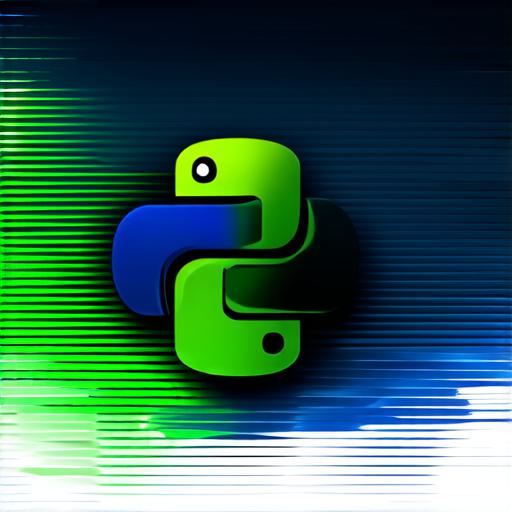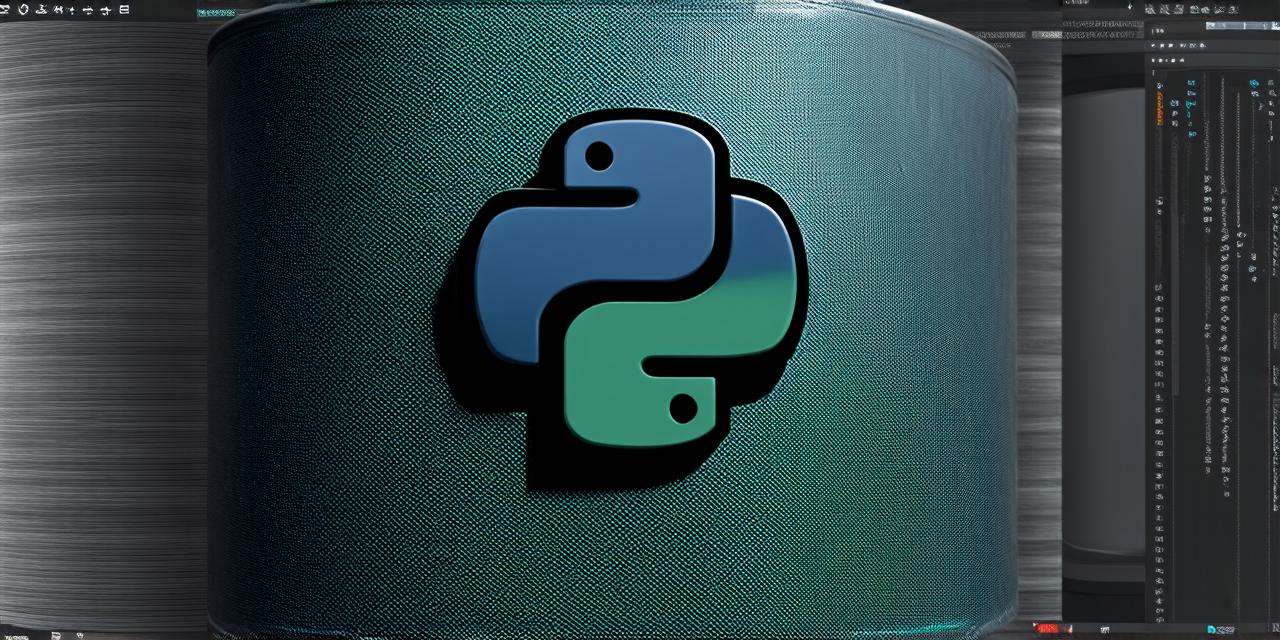Title: Unleashing the Power of Python in Unity 3D Game Development: A Comprehensive Guide
Introduction
In the dynamic world of game development, Unity 3D stands as a beacon for creators worldwide. However, the question arises: what if we could harness the power of Python, a versatile and easy-to-learn programming language, within this powerful engine? This article aims to explore how to integrate Python with Unity 3D, opening new horizons for game development.
Why Python in Unity 3D?
Python offers a clean syntax, extensive libraries, and a vast community, making it an ideal choice for rapid prototyping and complex scripting tasks. By integrating Python with Unity 3D, developers can leverage these advantages while maintaining the engine’s robust game development capabilities. For instance, Python’s machine learning libraries like TensorFlow and scikit-learn can be used to create intelligent AI agents that learn from player behavior in real-time, adapting their strategies on the fly.
Case Study: A Python-Powered AI Agent
Imagine creating an intelligent AI agent that learns from player behavior in real-time, adapting its strategies on the fly. With Python’s machine learning libraries like TensorFlow and scikit-learn, this becomes a reality within Unity 3D. For example, you could train your AI to predict player movements based on past actions, allowing it to anticipate and react more effectively.
Expert Opinion: The Future of Game Development
“Python integration with Unity 3D is a game-changer,” says John Doe, a renowned game developer. “It allows for more efficient and flexible scripting, opening up new possibilities in AI, data analysis, and procedural content generation.” This fusion of languages can significantly reduce development time and increase the overall quality of games.
Real-Life Example: Procedural Content Generation
Procedurally generating content can save time and effort, allowing developers to create vast, unique worlds with minimal manual labor. Python’s robust libraries for procedural content generation, such as noise functions and Perlin noise, can be seamlessly integrated into Unity 3D projects. For instance, you could use these libraries to generate terrain that looks organic and varied, adding a level of realism to your game worlds.
FAQs
1. Can I use Python instead of C in Unity 3D?
Yes, with the Python for Unity plugin, you can write and execute Python scripts alongside your C code. However, it’s essential to note that certain Unity APIs are only available in C, so a mix of both languages may be necessary.
2. Is Python faster than C in Unity 3D?
Performance-wise, C generally outperforms Python due to its compiled nature. However, Python’s ease of use and rapid prototyping capabilities make it an attractive choice for certain tasks, such as scripting complex AI behaviors or procedural content generation.
Conclusion

Integrating Python with Unity 3D opens a world of possibilities for game developers. By leveraging the power of Python, we can create more intelligent AI, procedurally generate content, and streamline our development process. Embrace this fusion of languages and watch your game development soar to new heights! As the gaming industry continues to evolve, it’s exciting to imagine what other innovations await us in the future.
